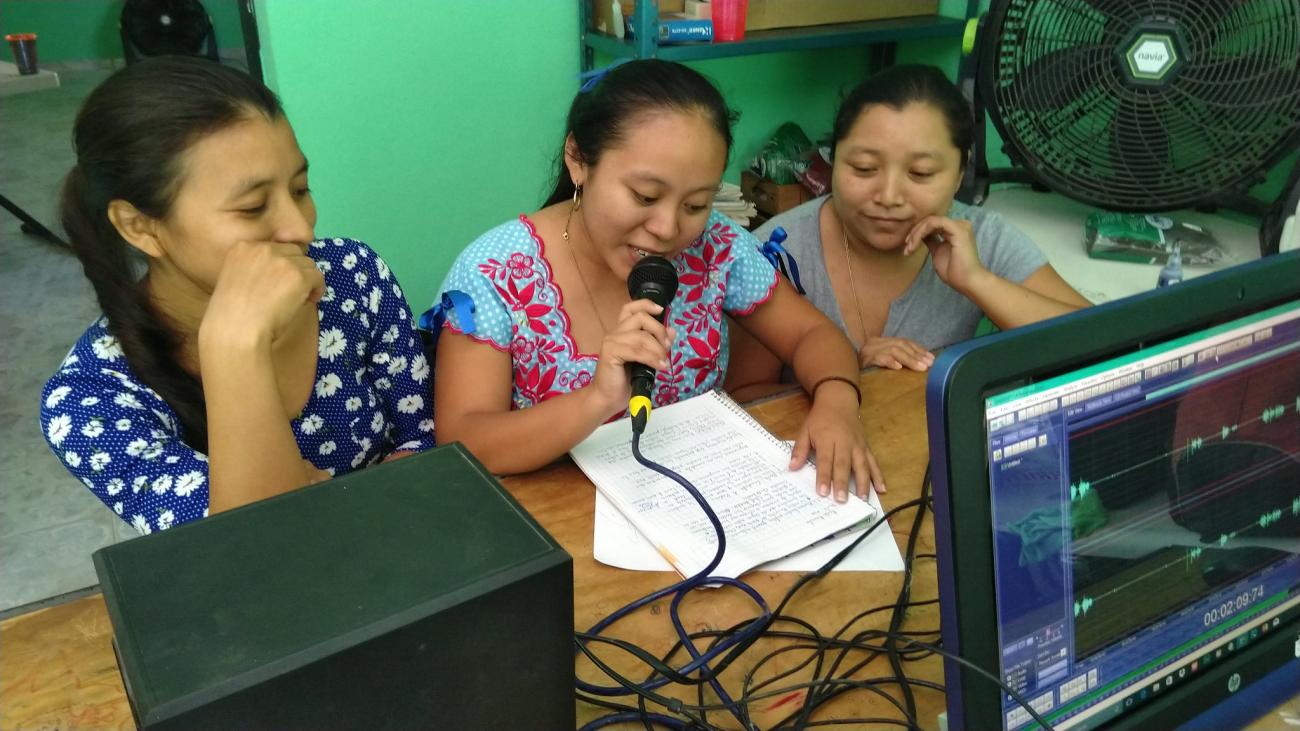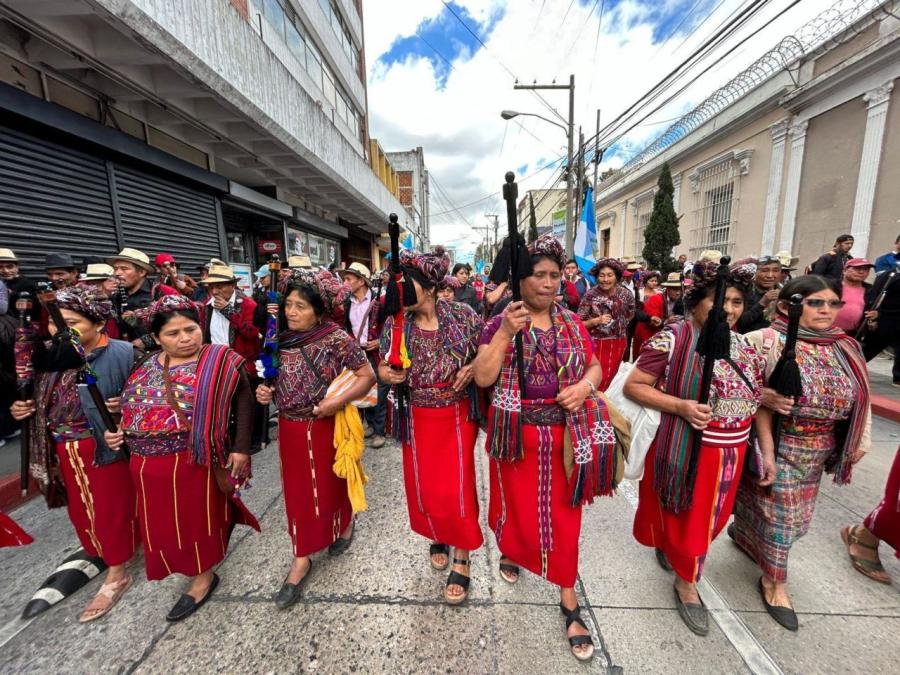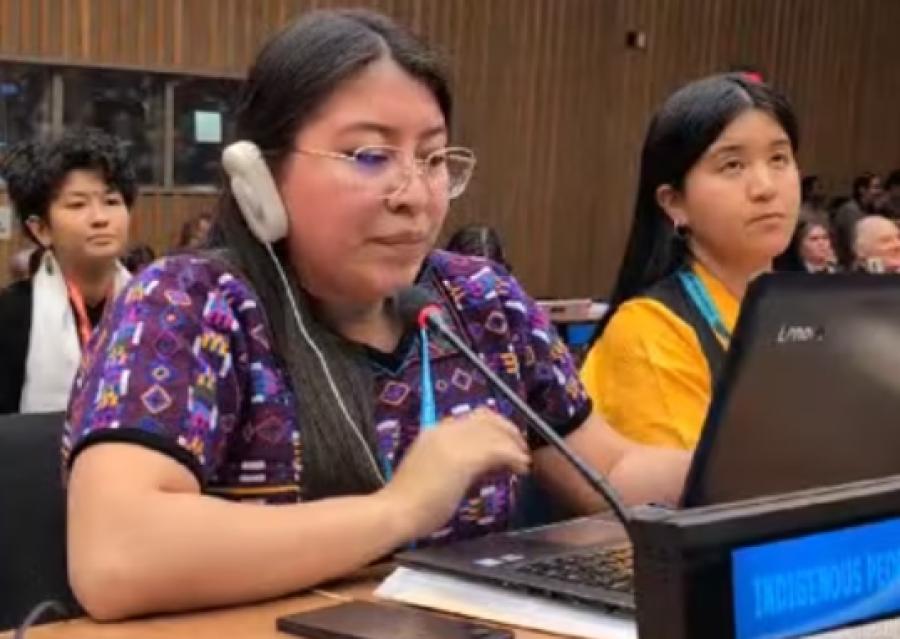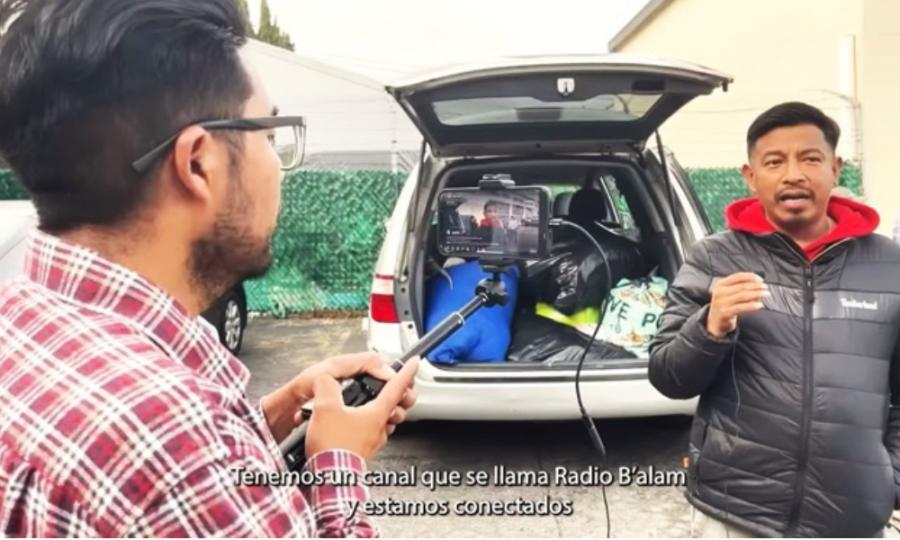
The U.S. Department of State hosted its 10th annual Alumni Engagement Innovation Fund (AEIF) project competition in 2020. This year's theme centers on Women, Peace, and Security with a special focus on strengthening the role of women in peace, security, and governance; engaging women as partners in preventing terrorism and countering radicalization and recruitment; promoting the protection of women and girls from violence, abuse, and exploitation; and supporting women’s political, economic, and civic participation.
“Training Indigenous Women for the Defense of their Human Rights” is one of the winning projects of the competition, which will be implemented in collaboration with Cultural Survival and coordinated by Diana Pastor (Maya K'iche') and Adriana Hernandez (Maya K’iche’) from Guatemala, both alumni of the Department of State educational programs and Cultural Survival staff members. The project seeks to train 24 Indigenous human rights defenders from Guatemala, Mexico, and Honduras by building capacity that will impact other women from their communities. Many of these women have already demonstrated interest in promoting human rights in their communities, but obstacles in accessing training and receiving recognition and visibility have restrained their efforts and dismissed their results. Through a series of virtual trainings, workshops, and hands-on activities, the participants will become role models for other women who are also interested in becoming human rights activists.
This project aims to achieve the following goals:
- Strengthen Indigenous women’s legal and political understanding of what their individual and collective rights are as women, members of Indigenous communities, and citizens of Guatemala, Mexico, and Honduras.
- Build capacity on how they can exercise and defend their human rights, depending on their local context.
- Gain technical skills on how to effectively document and communicate violations of their individual and collective rights.
- Create visibility for women with an international audience tuned into human rights work.
- Help Indigenous women rights defenders to build a network of local and international individuals and organizations as potential partners in the defense of their rights.
Photo: Radio Tuklik Merida, Mexico.



